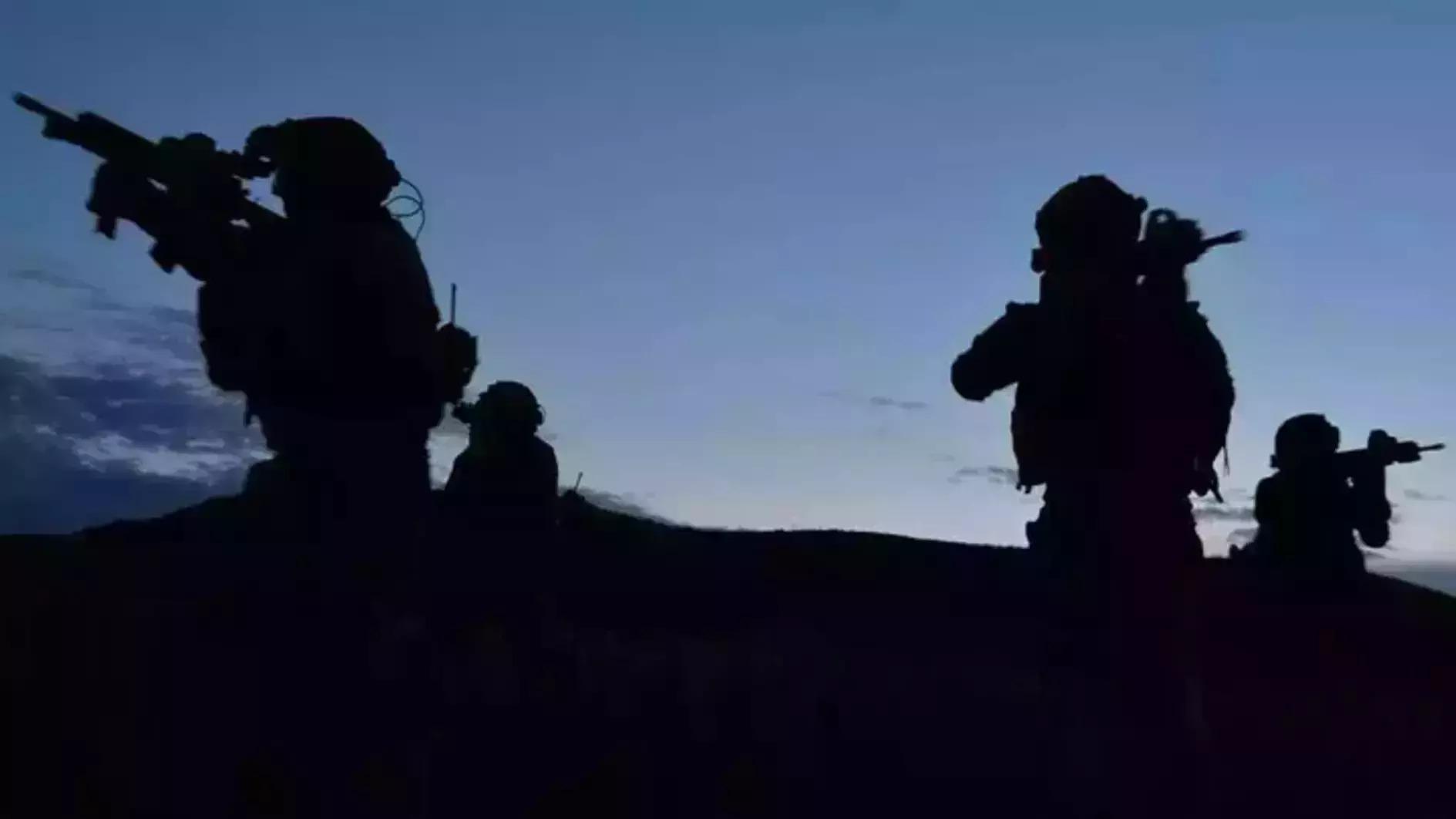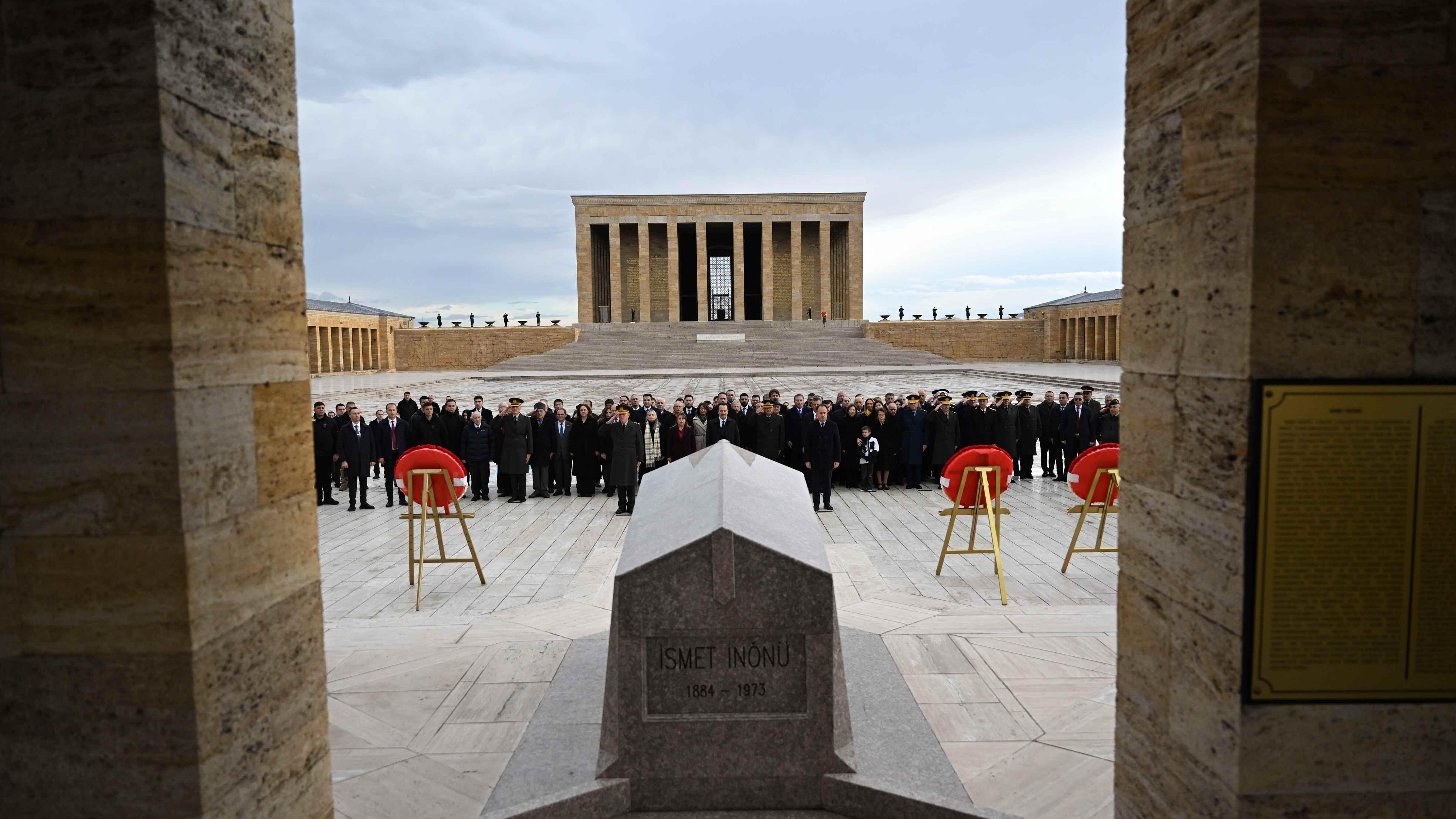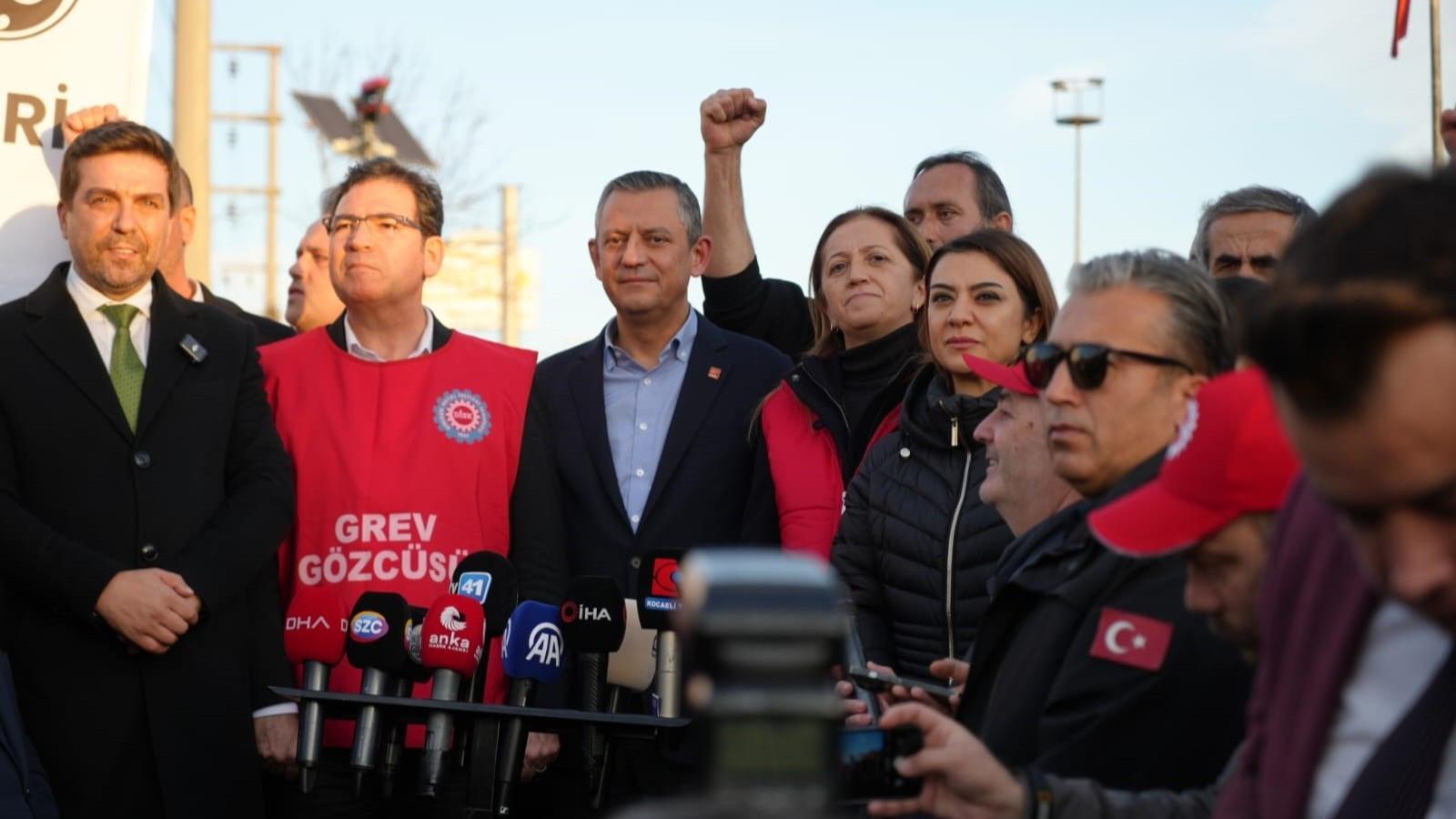The truth about Turkey and ISIL (II)
On June 10, 2014, the notorious “Islamic State of Iraq and the Levant” (ISIL) took over Mosul, a key city in northern Iraq, with a swift conquest that caught many off guard. Among the latter were foreign policy makers in Ankara, who apparently were not expecting this blitzkrieg. They also were not expecting ISIL to raid the Turkish Consulate in the city and take its diplomatic and security personnel as hostages.
Since then, some 49 Turkish citizens, including a newborn baby, have been held as hostages at the hands of ISIL. We don’t know what will happen to them, or whether they will be ever free. But we know one thing: This hostage crisis has made Ankara much more aware of the ISIL threat beyond its southern borders. But, at the same time, its hands are tied against the same threat.
That is why, I, as a Turkish citizen, I have a lot of criticism, but also some understanding regarding the stance of my government in this ISIL business. The criticism is mainly about why and how they did not see this coming. First, why did they dismiss Western warnings about “extremists” in Syria throughout 2012 and early 2013, when the beast was in the making? More recently, why did they not evacuate our Mosul consulate in the wake of the ISIL onslaught? Did they naively presume that no matter how crazy they may be, “Islamic” actors in the region would not target the implicitly Islamic "New Turkey"?
However, while the Turkish government needs to be held accountable on such questions, its caution in joining the anti-ISIL coalition since the beginning of the hostage crisis is understandable. The problem is not that Ankara is “ally no more” for the United States, as a recent Wall Street Journal editorial put it. It is rather that its hands are tied.
This is not just because of the hostages, but also because of Turkey’s vulnerability due to its very long and easily penetrable borders with Syria and Iraq. America can heavily bomb ISIL targets and still feel safe 6,000 miles away, but a combatant Turkey’s safety will be much more open to risk. As journalist Piotr Zalewski also notes in a recent Bloomberg Businessweek article: “Of all the countries involved in NATO’s newly formed ‘core coalition’ against the [ISIL] terrorists, Turkey is the most exposed to potential blowback.”
But what about ISIL recruits from Turkey, including poor neighborhoods in Ankara? Well, that is certainly horrific, but ISIL is gaining recruits from European cities as well, including poor neighborhoods in London. Meanwhile, there is no evidence of large-scale Turkish sympathy for ISIL, and no wonder that the pro-government media is full of conspiracy theories depicting the group as a Western puppet. (This is, of course, ridiculously delusional, but is better than being pro-ISIL.)
As for the oil that ISIL reportedly sells to Turkey, it seems to be nothing other than local smuggling, which is a common occurrence on Turkey’s southeastern borders. (For details, see the same Zalewski article and Fehim Taştekin’s superb report in Al-Monitor.com.)
My bottom line is that while Ankara has made serious mistakes regarding ISIL, the view that it is complicit in the group’s crimes (as argued by the Turkish opposition and implied by some Western journalists) is wrong. Moreover, while Ankara could use some fair criticism and advice on ISIL, such sweeping accusations make its leadership only angry, defensive, and defensive-aggressive. And that surely helps none of us.











